With the recent declaration of a ceasefire between the PKK and Türkiye after 41 years of conflict, it is a timely moment to explore the significant Kurdish football clubs and teams that have played a key role in world football.
Amed SK: The Symbol of Kurdish Football in Türkiye
Amed SK, formerly known as Amedspor, is a club from Diyarbakır, Türkiye, and arguably the most famous Kurdish sports brand. The club boasts a large and passionate fan base in northern Kurdistan and has long been viewed as a representation of Kurdish identity in football. However, this association has made Amed SK one of the most controversial and polarizing clubs in Turkish football.
Founded in 1972 under a different name, Amed SK has frequently clashed with Turkish football authorities over its name and identity. Currently playing in the Turkish second division, the club also has a women’s and youth department.
Amed SK has been involved in multiple incidents with fans of clubs such as Fenerbahçe and Bursaspor. One of its most famous players was Deniz Naki, a former Germany U20 international who played for Bayer Leverkusen and St. Pauli before becoming a vocal critic of Turkish President Recep Tayyip Erdoğan. In many ways, Amed SK serves as the de facto Kurdish national team within Türkiye.
Kurdish Clubs in Iraq: A Rich Footballing Legacy
Given the large Kurdish population in northern Iraq, it is no surprise that the region has several prominent football clubs.
Erbil SC, playing at the Franso Hariri Stadium, has won four Iraqi league titles and reached the AFC Champions League in 2008. The club also made it to the AFC Cup semifinals in 2011.
Duhok SC, another major Kurdish club, has won the Iraqi league title once and frequently competes at the top of the table.
Zakho SC, known as the “Sons of Khabour,” is a strong rival of Duhok SC and a significant presence in Kurdish football.
Slemani FC and Newroz Sulimaniya have also made their mark, with Newroz finishing as runners-up in the Iraqi Premier League in 2021.
However, Kurdish clubs in Iraq have faced challenges beyond the pitch. In the 2016/17 season, several clubs withdrew from the Iraqi Premier League in protest against perceived ethnic discrimination—an issue that continues to surface from time to time.
Dalkurd FF: The Kurdish Dream in Sweden
Dalkurd FF is one of the most well-known Kurdish football stories outside the Middle East. Founded in 2004 by Kurdish refugee Ramazan Kizil, the club started as a youth project and rose rapidly through the Swedish football system, eventually reaching the Allsvenskan, Sweden’s top division.
Despite its success, financial difficulties have led to Dalkurd’s decline, and the club currently competes in Sweden’s sixth tier. Nevertheless, its legacy as a Kurdish success story in European football remains intact.
Kurdish Clubs Across the World
The Kurdish diaspora has led to the formation of several football clubs worldwide, each carrying the spirit and identity of Kurdish football:
Kurdvin (Kurd Wien) – Based in Vienna, Austria, this club was established in 2017 and has earned back-to-back promotions, currently competing in the Austrian Öberliga (third tier).
FC Kurdistan Welat – Founded in Hamburg in 1988, this is one of the oldest Kurdish clubs in Germany.
Kurdish Canadian FC – Established by Kurdish immigrants in London, Ontario, this club aims to promote Kurdish identity and community through football.
Kurdistan National Team: A Footballing Nation Without a State
The Kurdistan national football team was established in 2006 and competes in non-FIFA tournaments, primarily through CONIFA, which represents stateless and unrecognized nations. The team was set to host the CONIFA World Cup in 2024, further showcasing the strong Kurdish presence in global football.
Additionally, Kurdistan operates its own Kurdish Premier League, separate from the Iraqi league system, with several Iraqi FA-recognized clubs participating.
The Power of Football in Kurdish Identity
Football has long been a medium for expressing Kurdish national and cultural identity. The presence of Kurdish clubs across different continents serves as a reminder of the region's complex history and aspirations. In many ways, these clubs symbolize the resilience and unity of a people who continue to assert their identity—both on and off the pitch.
Kurdish football is more than just sport; it is a reflection of history, struggle, and hope. And as the world watches, the story of Kurdish football continues to be written.
Ex-Socceroos boss Graham Arnold takes over Iraq's national team for final two 2026 World Cup qualifiers against South Korea and Jordan.
Tractor Sazi make history with first Persian Gulf Pro League title, sparking celebration in Tabriz and across Iran’s Azeri community.
Tractor tops Persian Gulf Pro League after win over Malavan, edging closer to first title.
Iraq refuses to play Palestine’s WCQ in Jerusalem or Jordan, citing VAR concerns. FIFA faces pressure to decide on a neutral venue.
Kurdish football embodies identity and struggle, with clubs worldwide symbolizing resilience, history, and hope on and off the pitch.
Al Nassr requests a venue change for their AFC Champions League clash over security concerns. The AFC’s answer is inside.
Esteghlal defeated Al-Rayyan 2-0 in Doha, advancing as Iran’s only team in the AFC Champions League knockout stage.
Persepolis held Al Nassr but must wait for Esteghlal’s result to reach the ACL knockouts, as the Iranian giants face an uncertain future.
From Israel's stunner vs France to Qatar's late winner, here is a recap of the latest Middle Eastern football action and results.
The Persian Gulf Pro League's 8th round proceeds with fans, while international matches remain suspended following overnight military tensions.
Asian World Cup qualifiers unfold amidst regional tensions. Key matches have been relocated, and teams seek redemption in high-stakes football drama.
Iran-Qatar match relocated, Lebanese football suspended, and Ronaldo voices safety concerns as regional tensions impact Asian football competitions.
As Iran launched rockets toward Israel, Sepahan secured a 4-0 ACL win. Rising tensions in the Middle East have an impact on football.
Palestine faces Iraq and Kuwait in crucial 2026 World Cup Qualifiers. Home game relocated to Qatar amid regional complexities.
Iranian star Mehdi Taremi criticizes regime after World Cup qualifier win, marking a rare public rebuke from a national team player.
During Iran's recent attack on Israel, a few football incidents in the Islamic Republic curated a rare view of Iranian female fans' discrimination and the complex relationship between Iranians and their regime.
The 2023 AFC Asian Cup in Qatar round 16 is a wrap. Along with some surprises, the quarterfinals are set and ready.
Asian Cup 2023: The knockout stage kicked off in Qatar, setting the stage for drama on and off the pitch. From Australia to Tajikistan, two Arab derbies are ready to take place, with Qatar and Palestine the main event.
Palestine arrived in the Asian Cup with hopes, but Iran handed them a reality check. In the Ivory Coast, African giants realize AFCON 2023 will not be a walk in the park.
The 25th Arabian Gulf Cup is a moment that Iraq, as a country and a football nation, waited for years. Uri Levy discovers the most fascinating football tournament you should follow in the next weeks.
The Jordanian Football Association issued an official request that the AFC issue a gender verification test on one of Iran’s players - alleging the player in question is male, not female.
Persepolis qualified for the AFC Champions League final and encouraged celebrations in Iran. Yet, the road there wasn’t easy, and went through the AFC Ethics Committee and included a ban of their best player.
An exclusive interview with Stefano Cusin, the Italian coach of Iranian side Shahr Khodrou, about the return of the local league, football without fans, life in the Middle East and much more.
Iraq’s sole World Cup scorer lost his life after a fight with coronavirus. Baghdad is mourning.
Despite the coronavirus spreading and the hiatus of the big European leagues, football is not dead. A daily blog that runs throughout the rough time world football is going through.
The Coronavirus has struck hard on world football in the past week, and the Middle East is no different. A full list of the region’s countries and the impact COVID-19 has on them.
With 78,994 cases worldwide and 2,470 casualties, Coronavirus is now impacting football. After the virus abolished the Chinese football schedule completely, caused a full postponement of matches in Northern Italy, it is taking over Iran.
The weekly column that explores football in the most intense region of them all, with stories from Jerusalem, the Gulf and the winter transfer window.
Iran and the AFC home venues saga, history in the Palestinian national team and the sad story of football in Lebanon. The past week was full of stories in the Middle Eastern football universe. Uri has picked three major of them.
Despite growing calls amid the Gaza war, UEFA sources stress there’s no legal basis for suspending Israel at this stage.
Despite war, isolation and setbacks, Israeli footballers hit a record in transfers abroad during the summer 2025 window. A market analysis.
Beram Kayal reflects on a remarkable career from Maccabi Haifa to Celtic and Brighton, and his new mission to impact Arab football youth.
After months of war, the Palestinian Football Association may revive league play—if minimum safety, infrastructure, and funding can be secured.
Palestinian striker Wessam Abou Ali overcame cardiac collapse and broken ribs to become Club World Cup star, attracting top European clubs.
From dominant wins to political fallout, a look back at the intense football rivalry between Israel and Iran before geopolitics ended it all.
At 37, Bibars Natcho delivers his best season yet. In a BabaGol interview, he opens up on legacy, Israel, Partizan, and what comes next.
Mehdi Taremi grounded in Iran, Ali Karimi slams regime, and regional sports grind to a halt as Israel-Iran war disrupts the Middle East.
A dramatic night in Tel Aviv saw Hapoel Be’er Sheva beat Beitar Jerusalem to win the Israeli Cup, in a final halted by a Red Alert siren.
Eleven groups drawn as 44 teams begin the road to Saudi Arabia 2026. Qualifiers kick off this September across Asia.
From Rabah Madjer to Mohamed Salah, a look at the MENA players who’ve made history in the Champions League — and those ready to add their names.
CAF reveals six host venues for the 2024 Women’s AFCON in Morocco, marking a record number of stadiums for the competition.
Eran Zahavi scores twice in his farewell match as Maccabi Tel Aviv overpower Beitar Jerusalem to secure back-to-back championships.
On-loan striker Oday Dabbagh scores the winning penalty as Aberdeen defeat Celtic in a dramatic shootout, ending a 35-year Scottish Cup drought.
Egypt’s Mohamed Salah claims both Premier League and Football Writers' top honors after stellar season with 46 goal contributions.
Former Israel international Gadi Kinda has passed away at 31 after battling illness.
A dramatic night in the Israeli Premier League sets up a thrilling final-day title showdown between Maccabi Tel Aviv and Hapoel Be’er Sheva.
Firas Ben Arbi and Marcus Meloni secure Sharjah’s 2-1 win over Lion City Sailors in a dramatic AFC Champions League Two final.
Turki Al Alshikh sells UD Almería to SMC Group-led investors; El Assy to stay on as CEO as strategic investments planned.
Al Ittihad sealed their 10th league championship by beating Al Raed, marking their first title since 2023 in a dominant display.
Italian-Ivorian full-back Yao Eloge reflects on his journey, a historic derby goal, and his emotional goodbye to Hapoel Jerusalem.
Be’er Sheva’s 4-1 win and Tel Aviv’s 6-1 rout leave both tied on points and goal difference as Ligat Ha’al’s title drama heats up.
Ex-Socceroos boss Graham Arnold takes over Iraq's national team for final two 2026 World Cup qualifiers against South Korea and Jordan.
Ex-Israel U21 defender Fadi Najjar turns down Palestine national team invite.
Israeli winger Manor Solomon tallied 13 goals and 10 assists to help Leeds United win the Championship and seal promotion.
Israeli championship hangs in balance as top teams draw 1-1 at Bloomfield Stadium. Three matches remain in closest Ligat Ha'al race in years
Shabab Al Ahli secure their ninth UAE Pro League title, with Dabbur and Azmoun's partnership exemplifying unity beyond borders.
Al-Ahli Jeddah beat Kawasaki 2-0 to win their first AFC Champions League, led by Firmino, Mahrez & Kessié in a Saudi football triumph.
Tractor Sazi make history with first Persian Gulf Pro League title, sparking celebration in Tabriz and across Iran’s Azeri community.

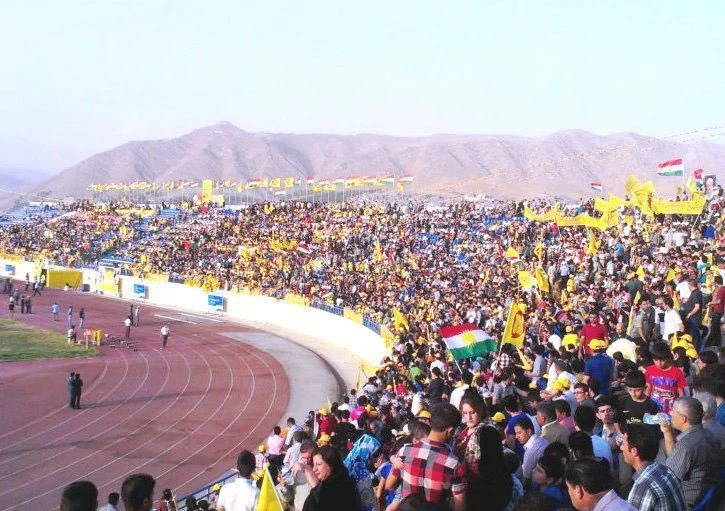
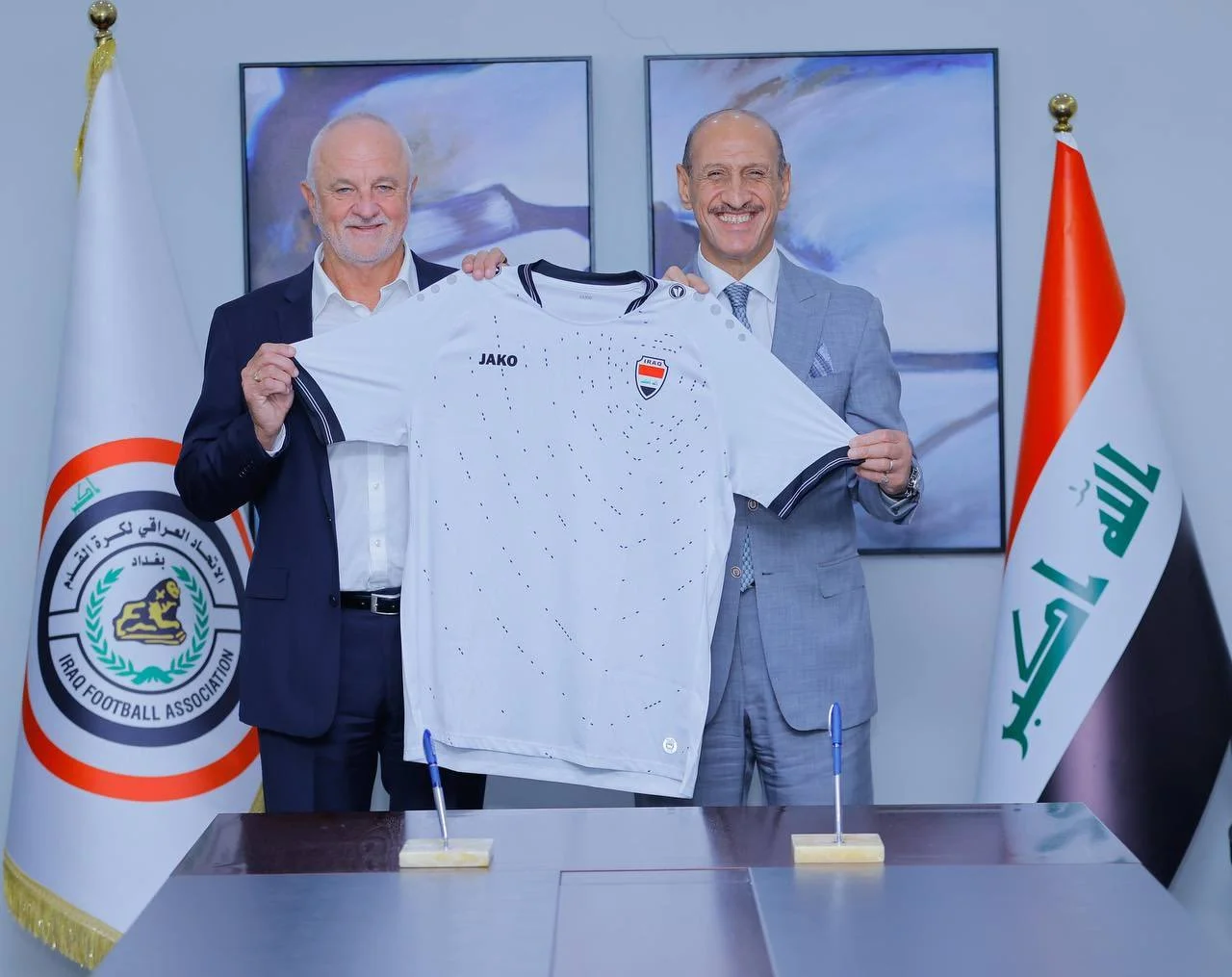
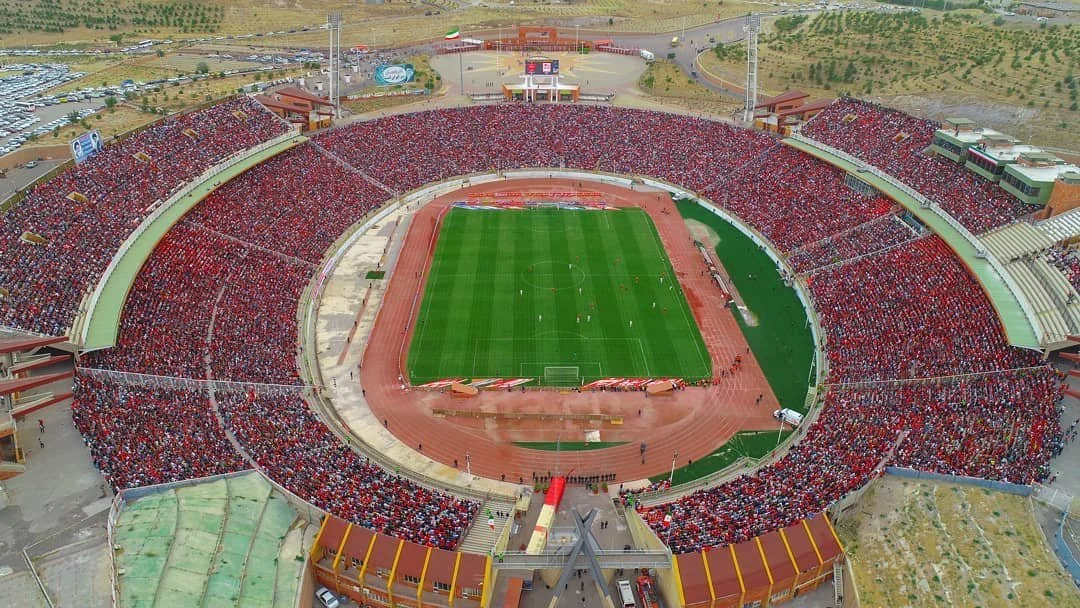





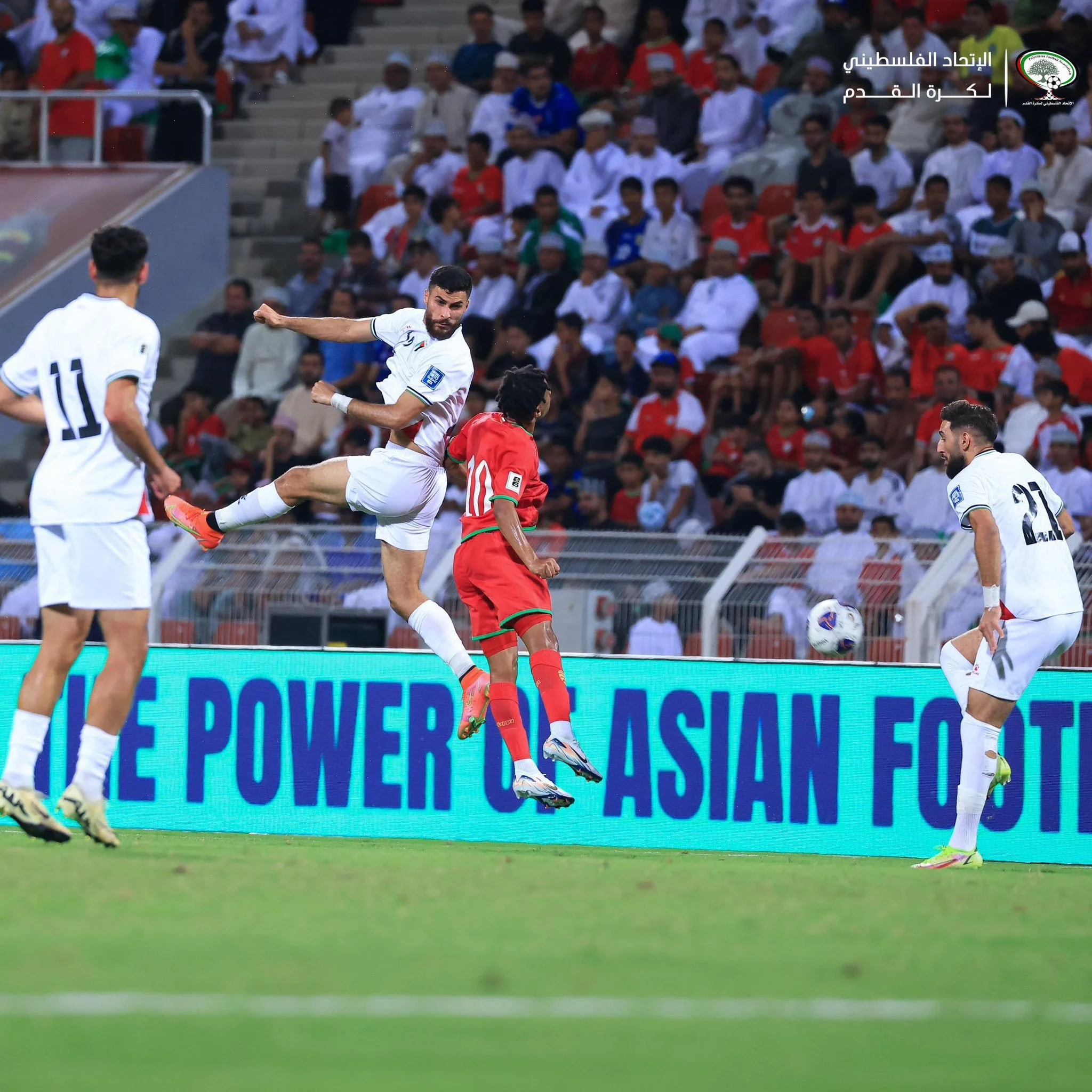
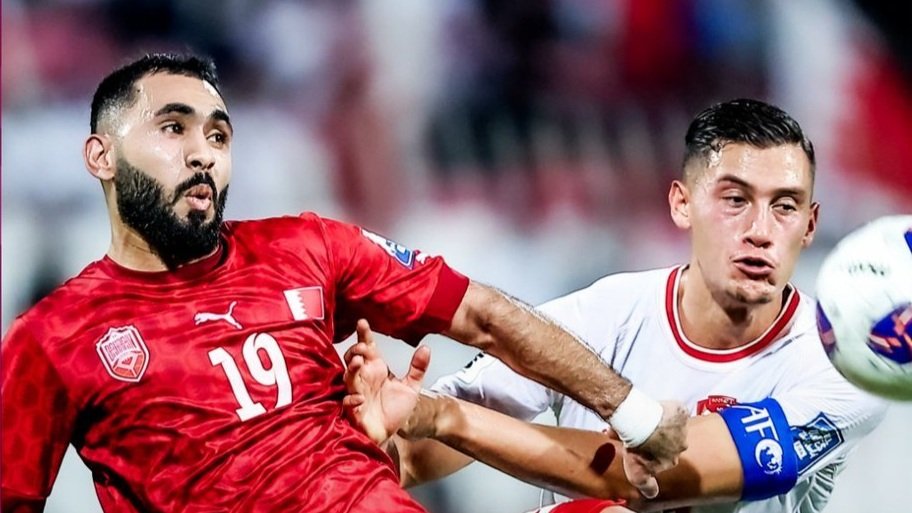
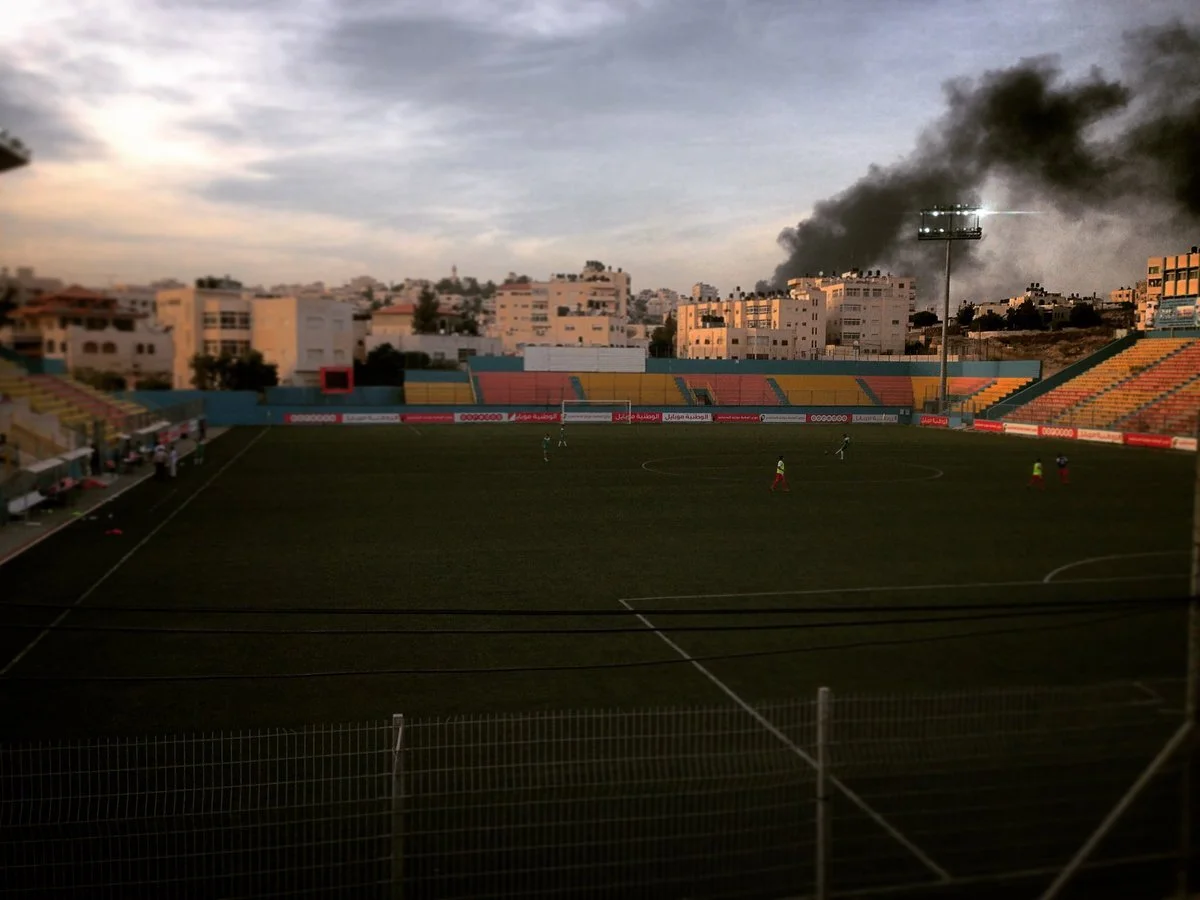
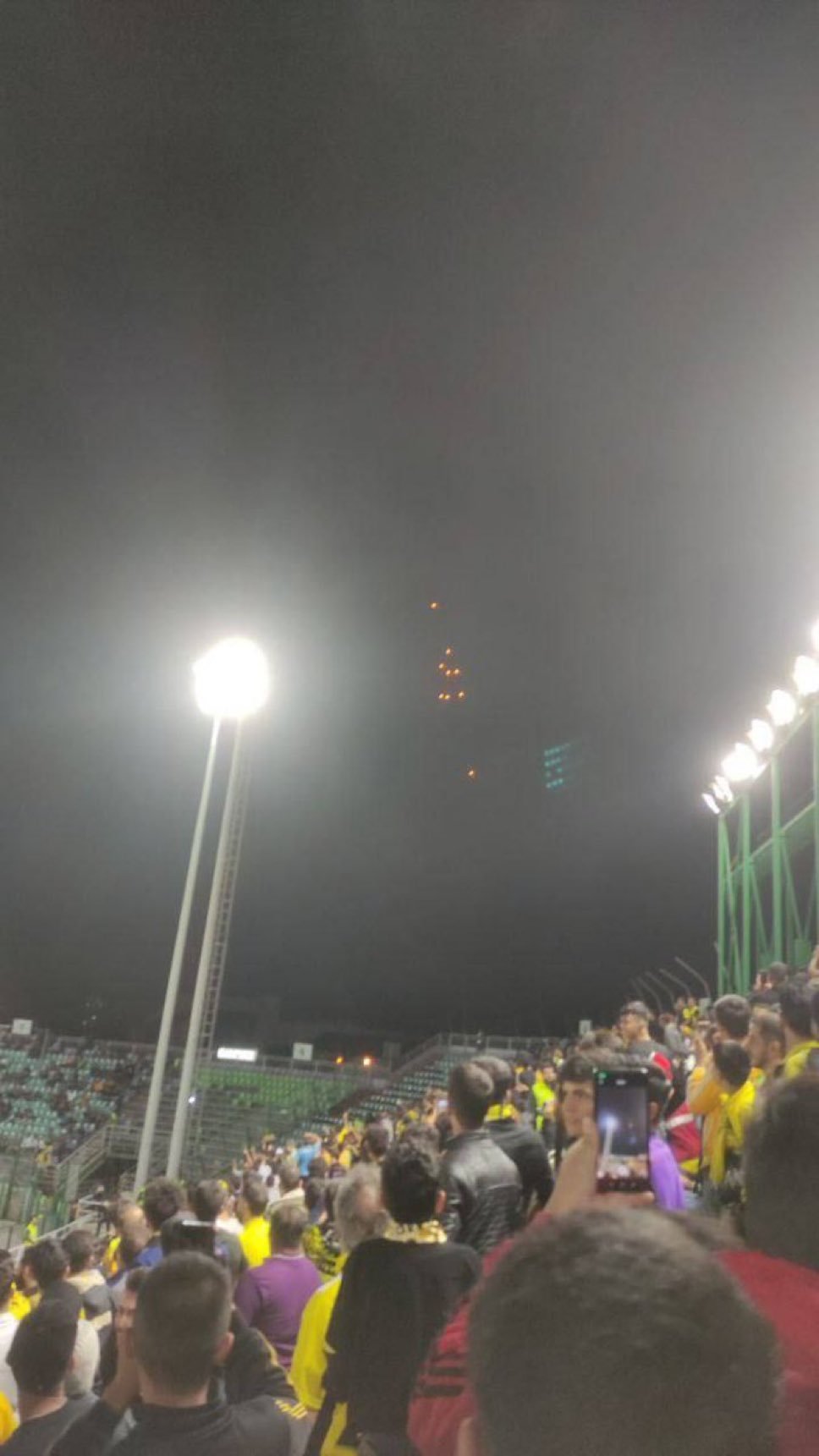

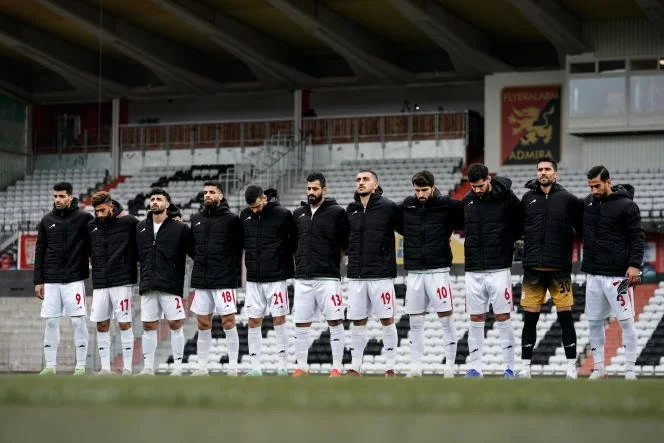


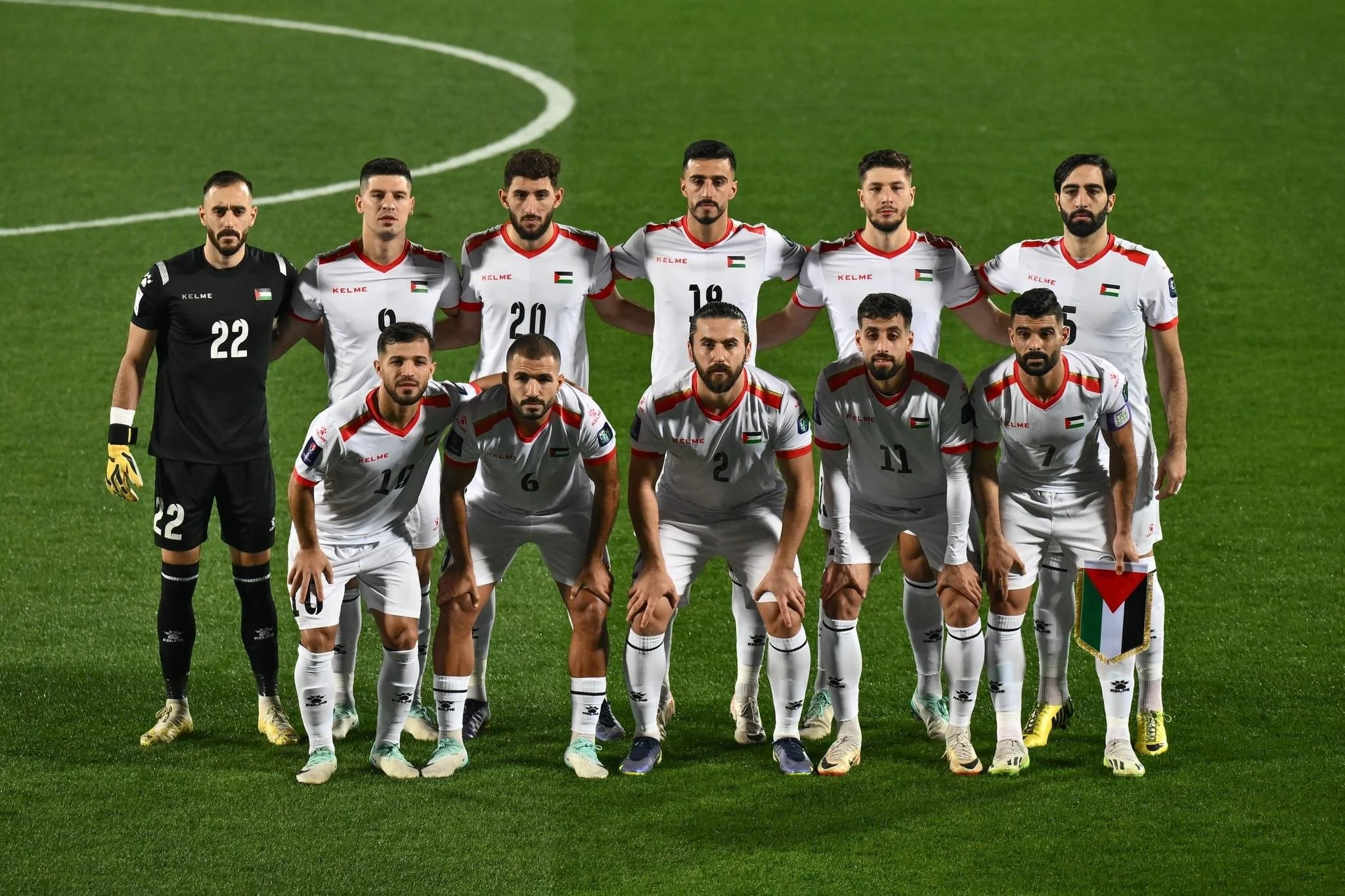
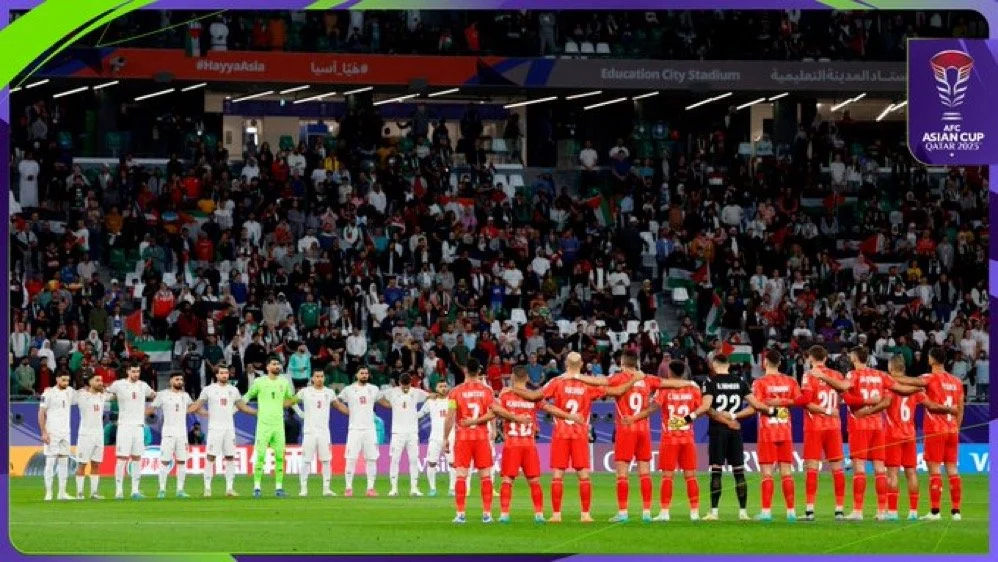







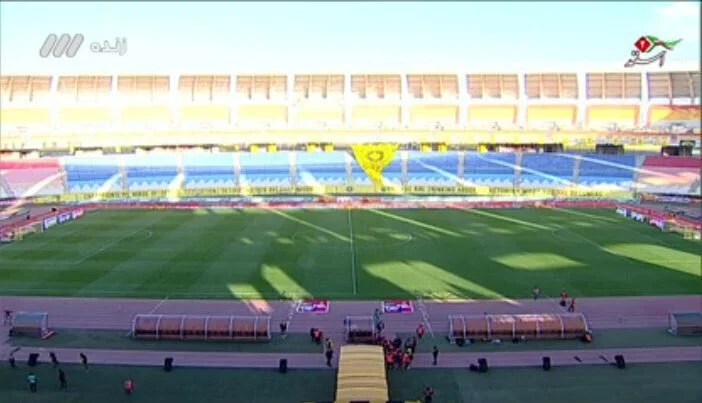
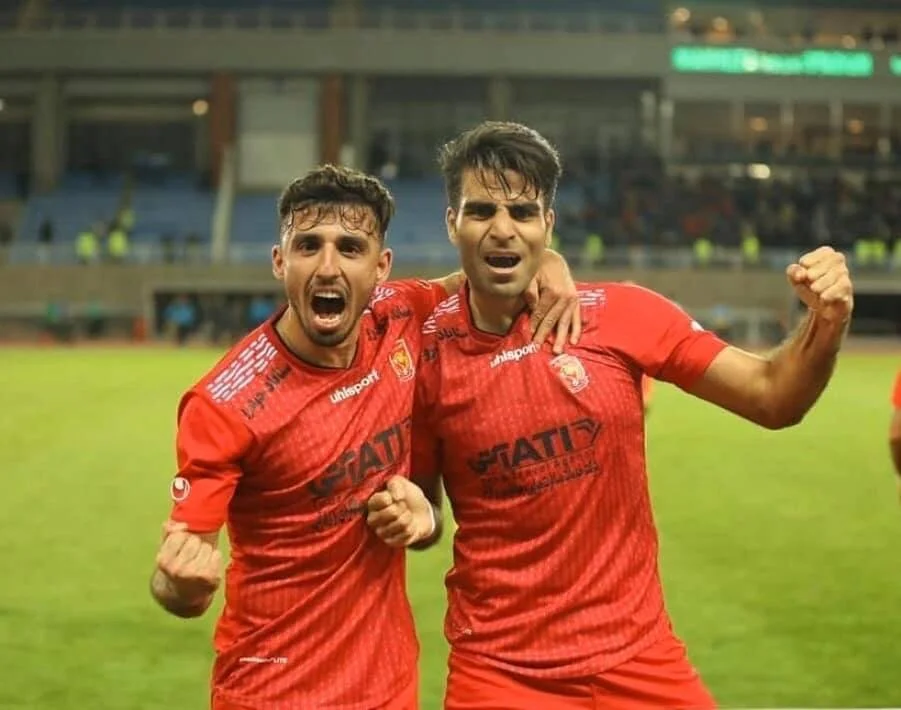

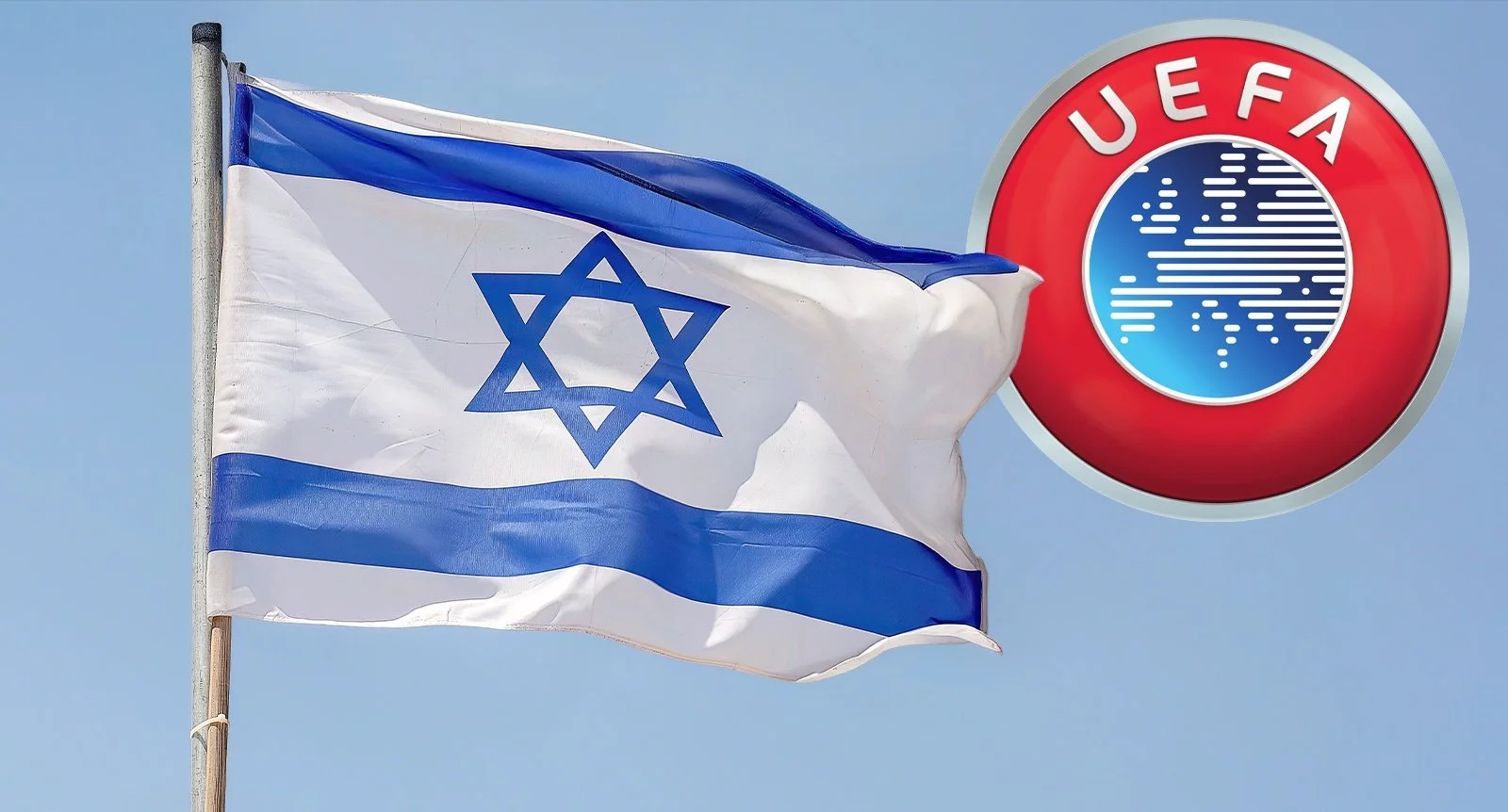


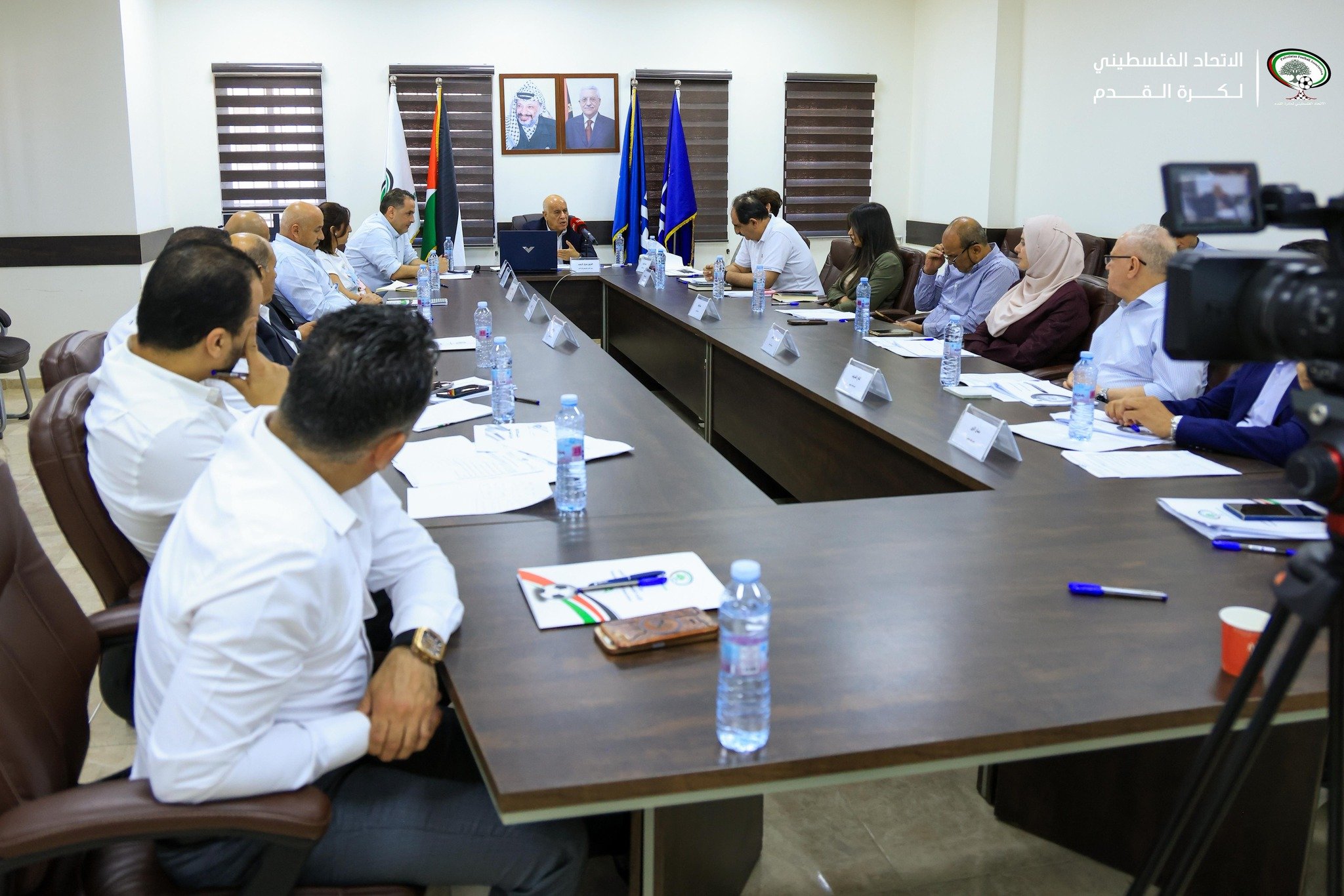



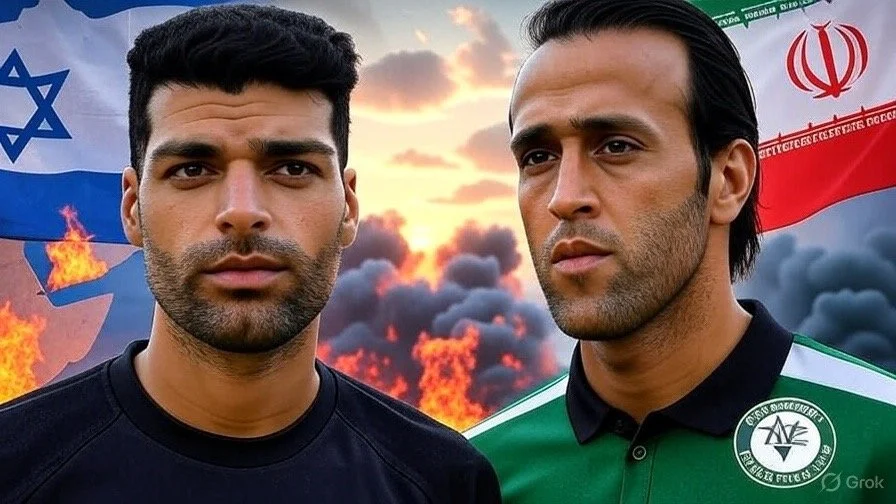









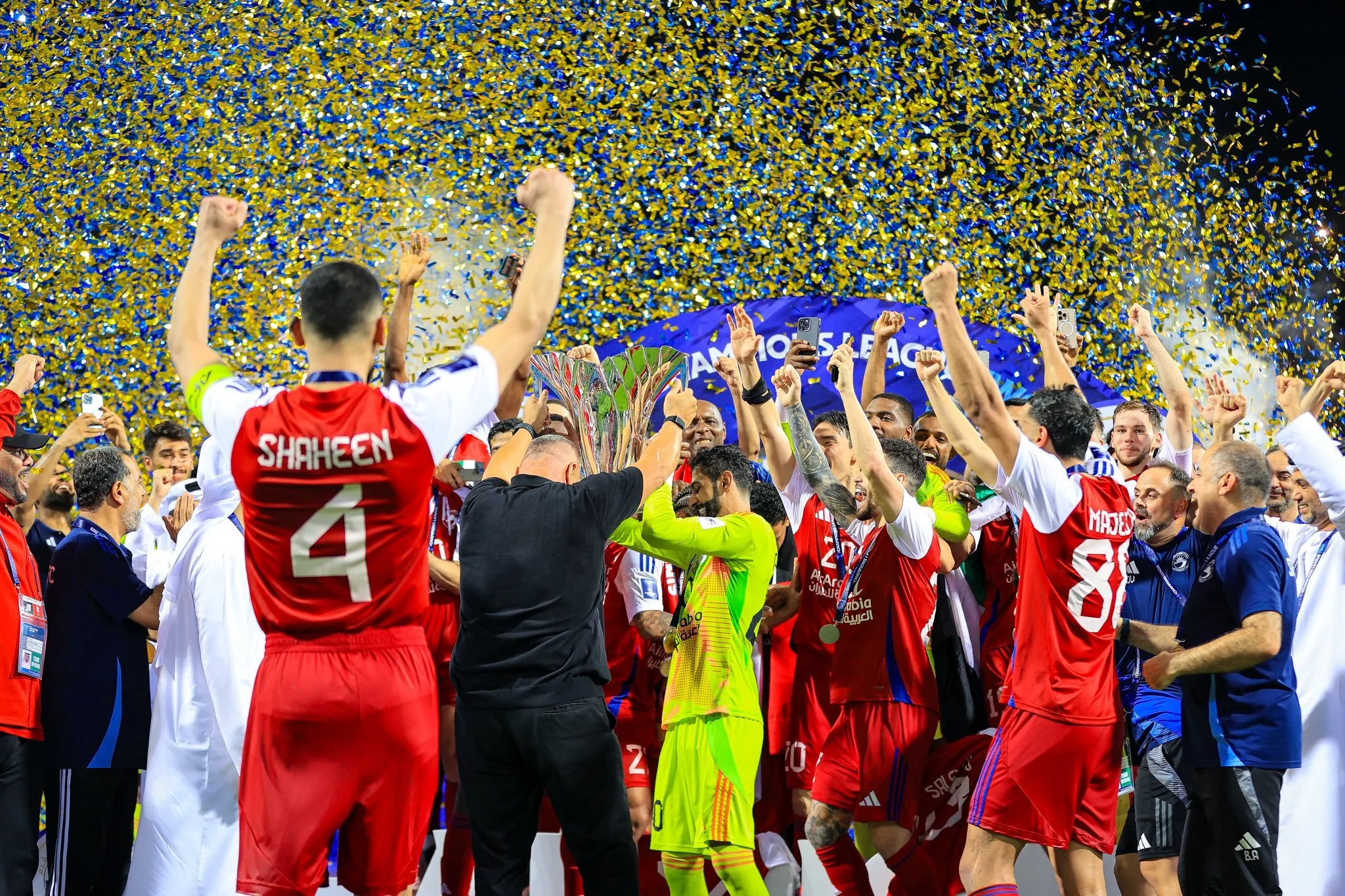
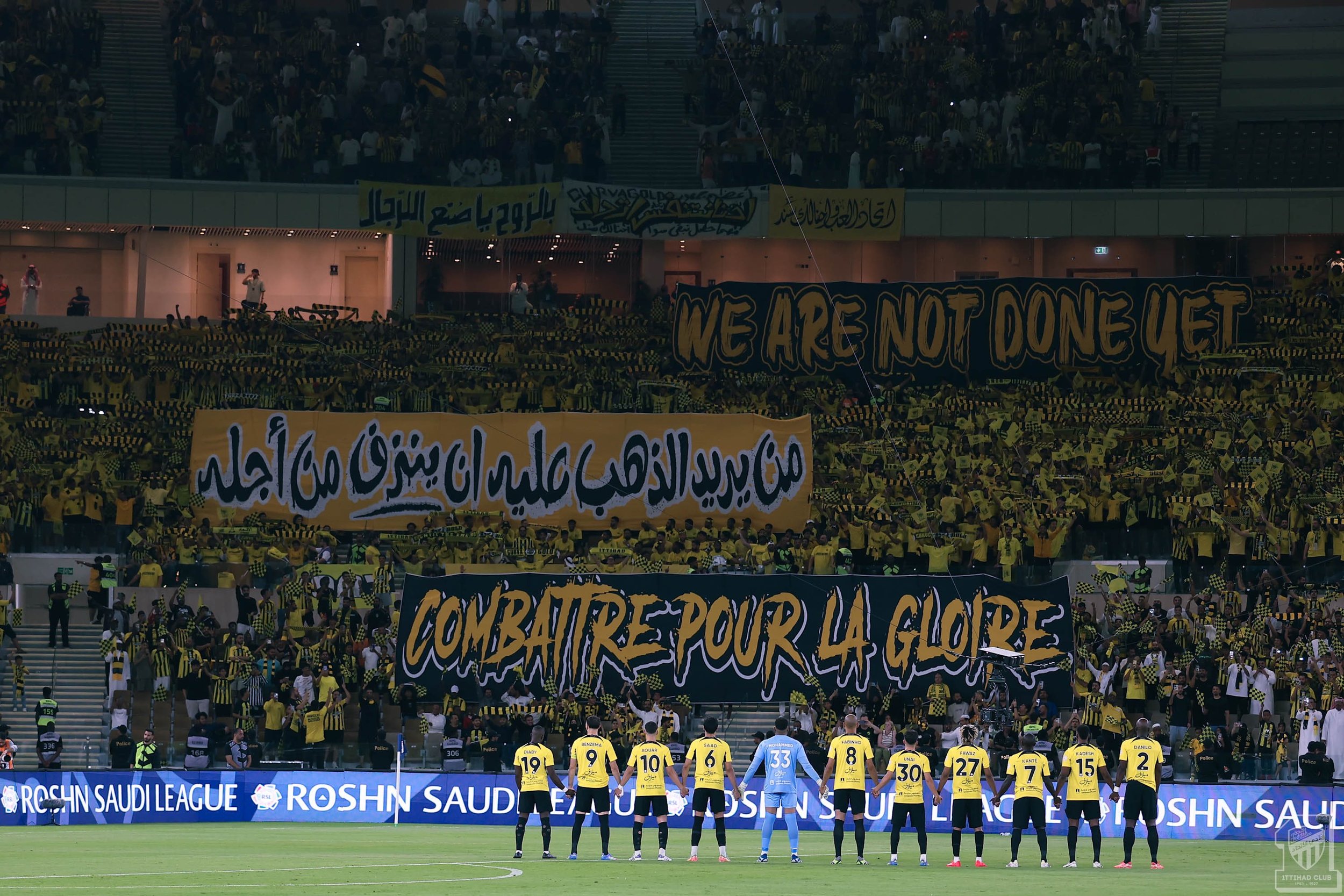


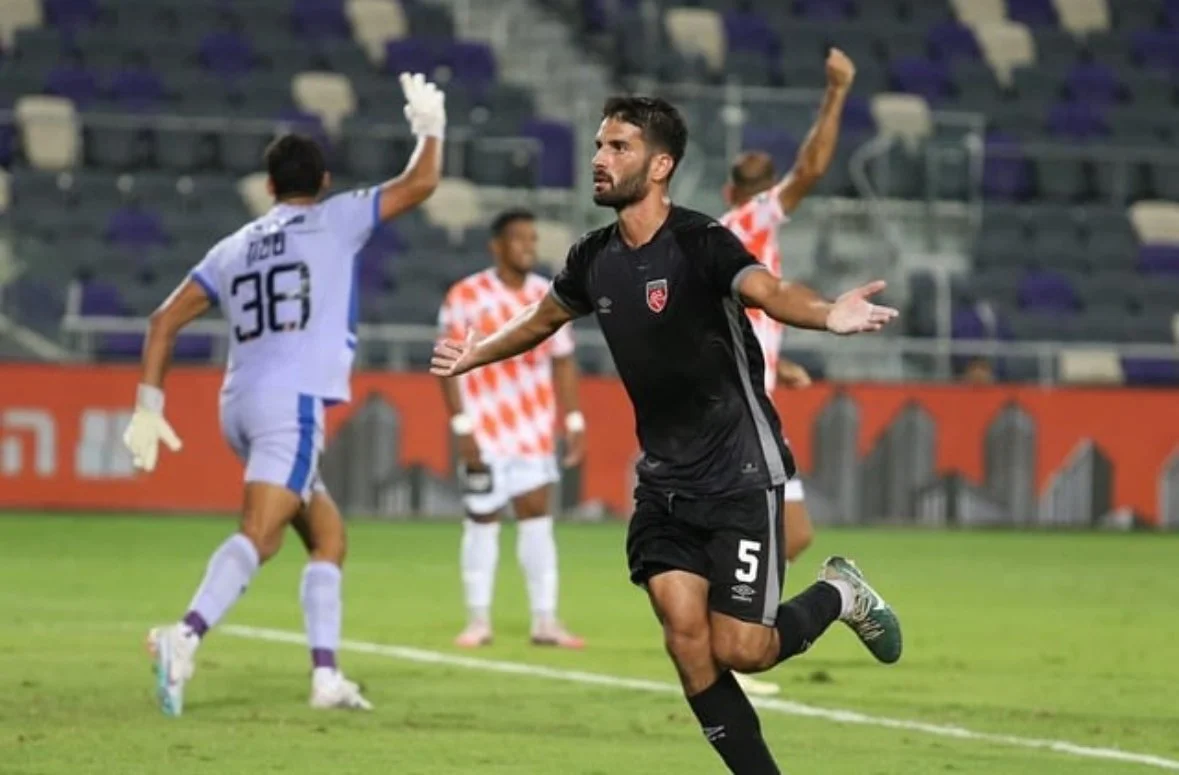

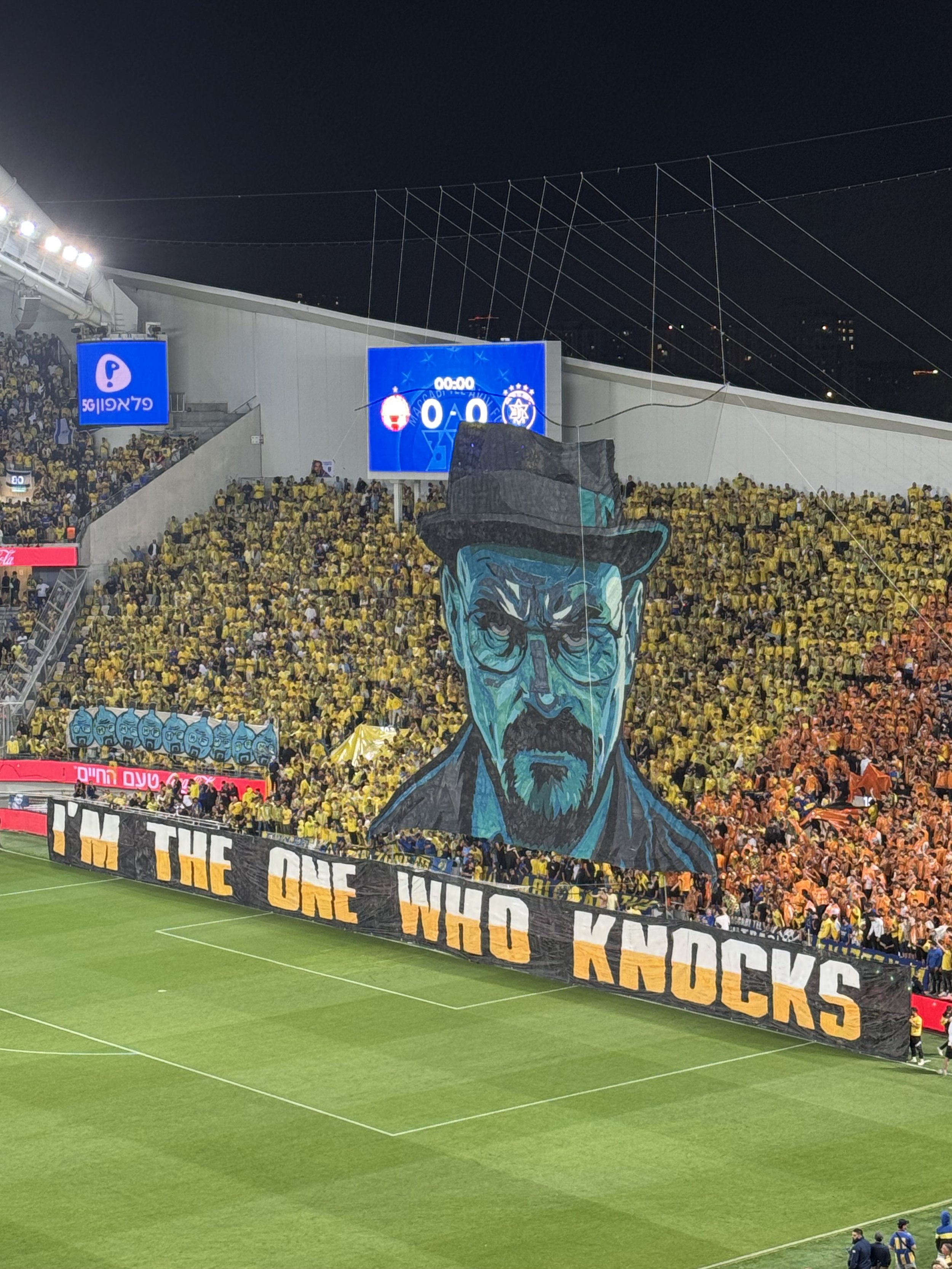
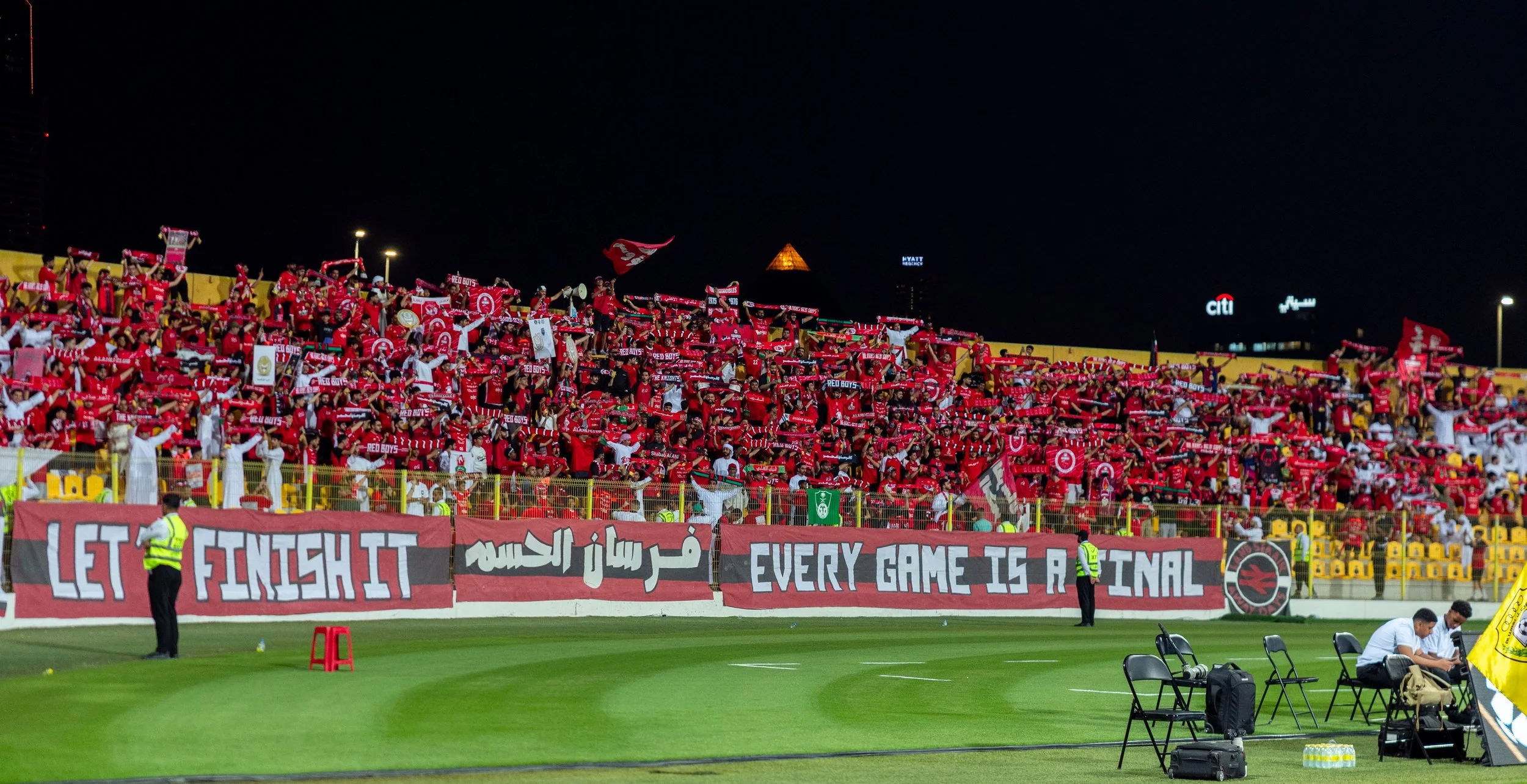
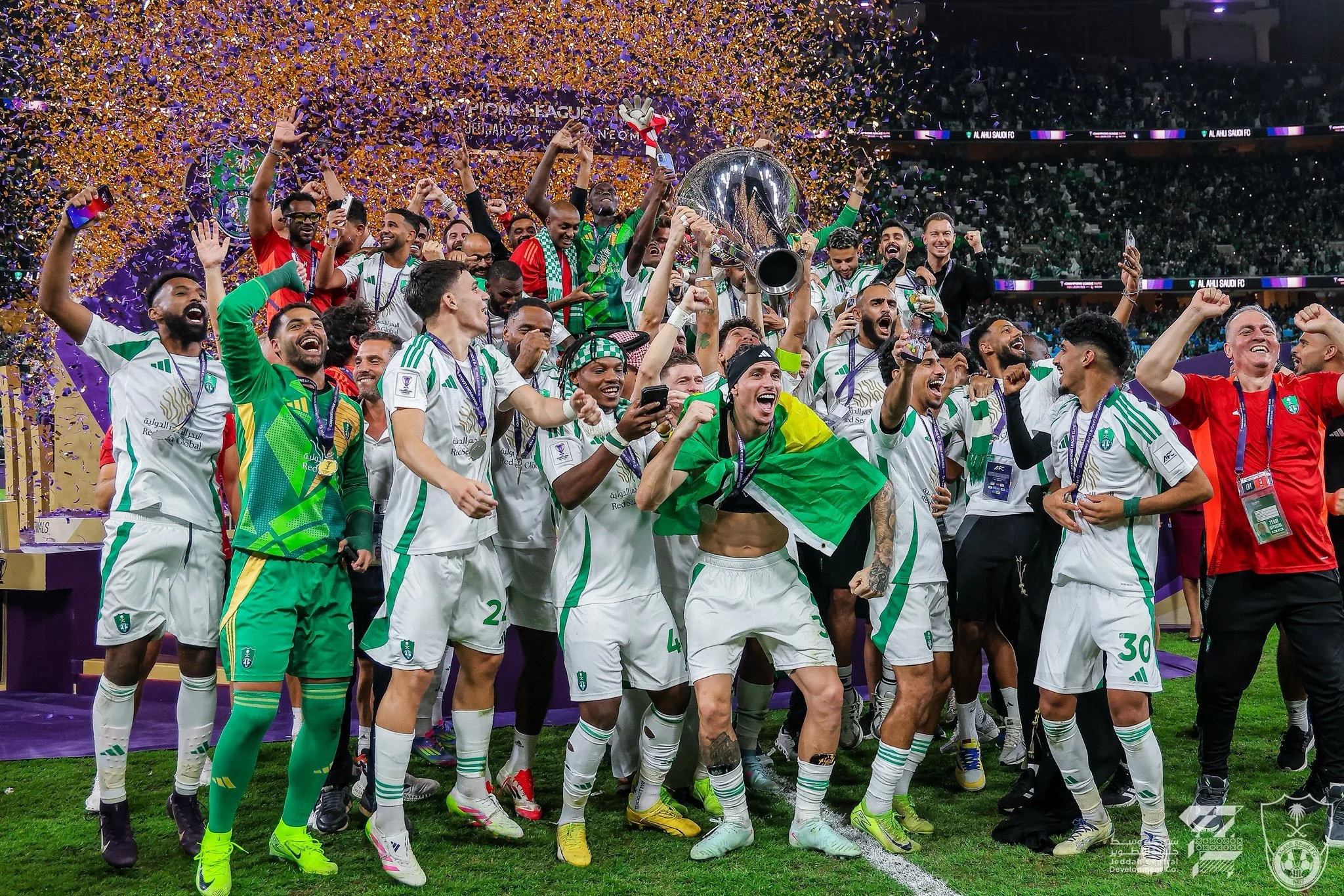
From dominant wins to political fallout, a look back at the intense football rivalry between Israel and Iran before geopolitics ended it all.